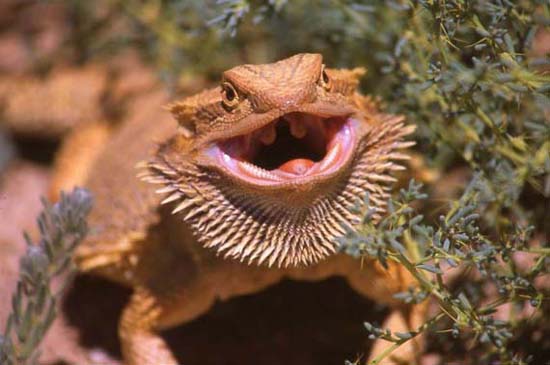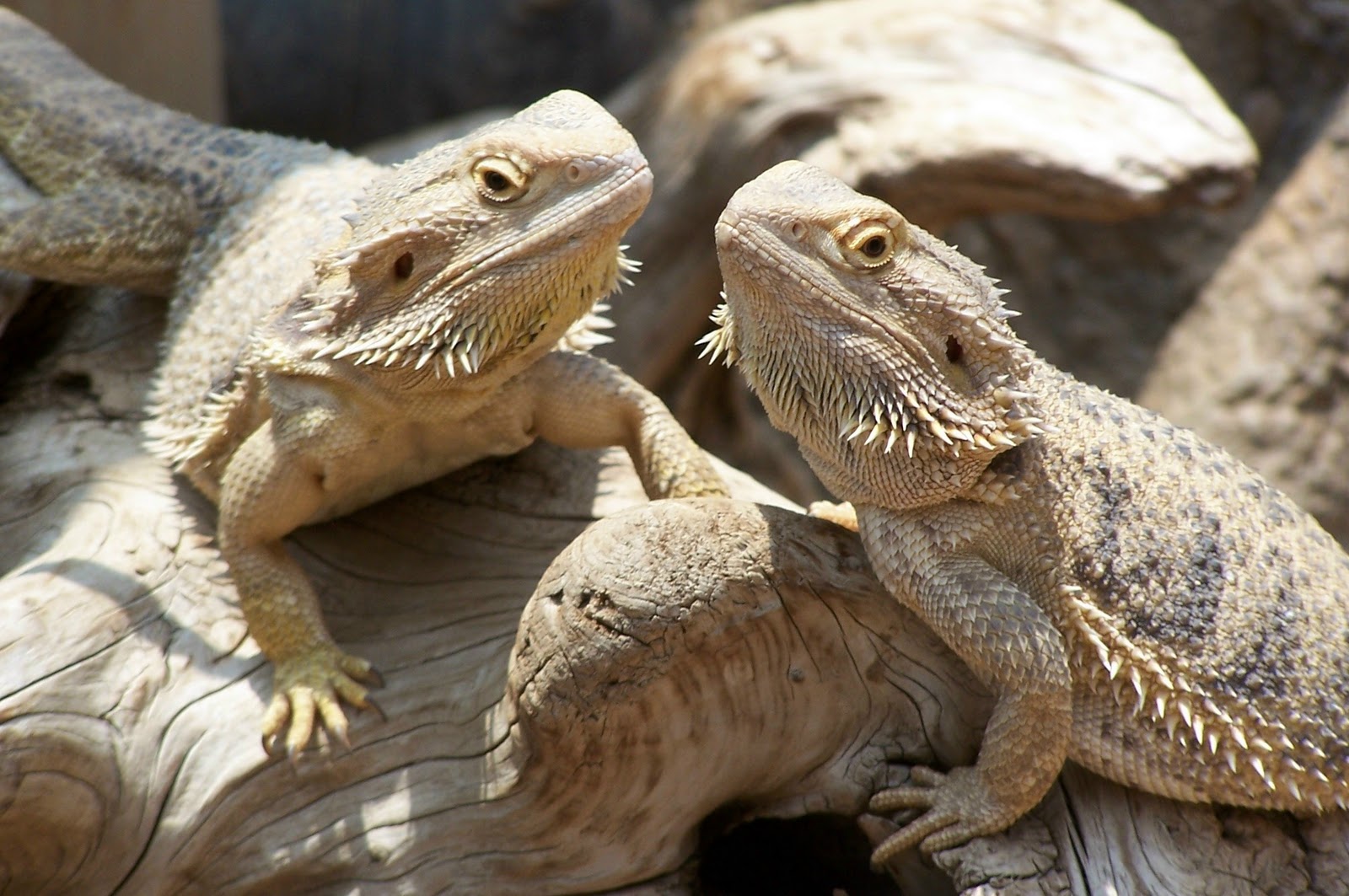How to Care for your Bearded Dragon Like in Jurassic Park
Introducing Bearded Dragons: The Perfect Pet for Jurassic Park Fans
Bearded dragons are one of the most popular pet reptiles among beginners. These unique-looking creatures are native to Australia and have an easy-going personality that makes them a great choice for pet owners of all ages. For Jurassic Park fans, owning a bearded dragon can add an extra level of excitement to pet ownership. Not only do they resemble miniature dinosaurs, but they also have some features in common with those that roamed the earth millions of years ago.
The Basics of Bearded Dragon Care
Before you bring your bearded dragon home, it is important to understand their basic needs. These include:
- A large, well-ventilated terrarium
- A basking light to mimic natural sunlight
- A UVB light to provide vitamin D3
- A shallow water dish for drinking and soaking
- A substrate (i.e., bedding lining the bottom of the cage) such as reptile carpet, paper towels or tile
- Food such as crickets, mealworms, and leafy greens
Bearded dragons require a stable environment that mimics their natural habitat. This includes a basking spot with a temperature of 95°F and a cooler side around 80°F. The terrarium should also have some hiding places and plenty of climbing spots for your pet to exercise.
Diet and Nutrition for Bearded Dragons
Bearded dragons are omnivores, which means they eat both meat and plants. A common misconception is that they only eat insects, but in the wild, they also consume fruits, vegetables, and flowers. Here are some guidelines for feeding your bearded dragon:
- Provide fresh, clean water every day
- Offer insects such as crickets, roaches, and mealworms as the primary source of protein. Avoid feeding wild-caught insects that may contain pesticides
- Feed vegetables such as kale, collard greens, and squash for fiber and nutrients
- Offer fruit such as berries, mangos, and melons as treats
- Consider commercial bearded dragon food (i.e., pellets) designed for their nutritional needs
- Avoid feeding insects that are too large, as they may cause impaction (intestinal blockage)
Bearded Dragon Health Concerns
Bearded dragons are typically healthy pets, but they can develop certain health issues if their needs are not met. Here are some things to watch for:
- Metabolic bone disease (MBD) - caused by a lack of calcium and/or vitamin D3
- Tail rot - caused by injury or poor hygiene
- Impaction - caused by ingesting foreign objects (i.e., large insects, substrate)
- Respiratory infections - caused by poor ventilation or temperature regulation

Conclusion
Bearded dragons are fascinating creatures and make great pets for all ages. If you’re a Jurassic Park fan, owning a bearded dragon can add an extra level of excitement to your pet ownership. By providing a healthy environment, a balanced diet, and proper care, you can help your bearded dragon thrive and live a long, happy life.

